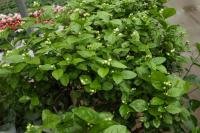King flower
Rafflesia arnoldii, also known as the king flower, is known as the largest flower in the world. This parasitic plant has the world's largest flowers, which can grow to three feet in diameter. Arnold's extra large flowers are fleshy and colorful, and the spots on them make them look like the acne faced faces of adolescent children. It has a pungent putrid smell. Fortunately, this parasitic plant can only be found in Sumatra and Borneo in Indonesia. The flower has a hole in the middle that can hold 6 or 7 quarts of water. It has no stems, leaves and roots
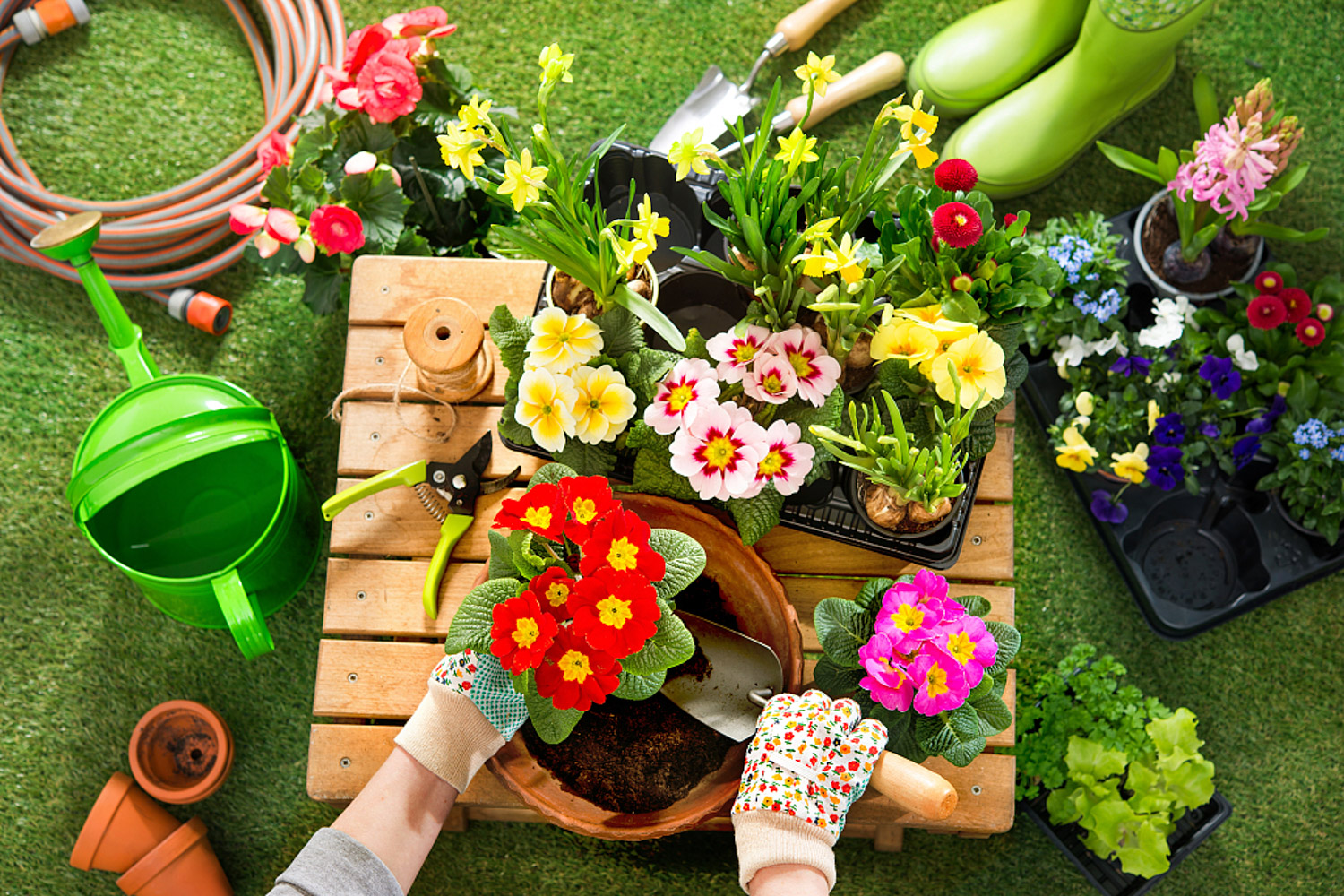
African egret flower: flesh colored flower with the smell of rotten corpse
The flower, hydnora Africana, grows in the arid and barren desert of South Africa. It is a strange flesh colored parasitic flower that sucks on the roots of nearby shrubs. The smelly flowers attract swarms of carrion beetles. If you smell the stench of rotting corpses when you walk through the Namibian desert, it is not rotting meat, but the root parasitic plant hydnora Africana
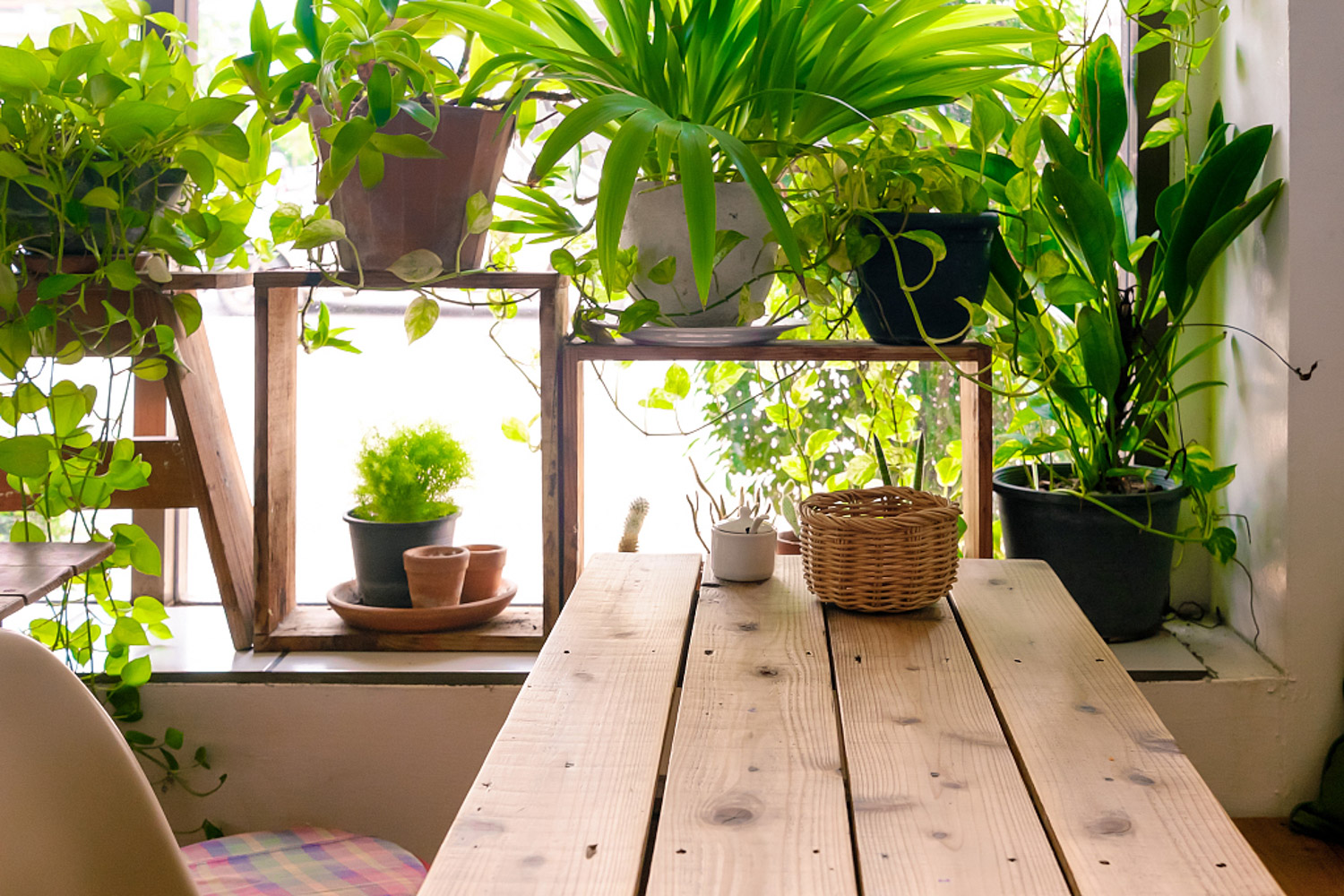
Vodu Lily
Dracunculus vulgaris smells like rotten meat. Its flowers are leafy and the color is like Burgundy wine. There are many thin black branches and leaves around it, with the scientific name of aka Arum Dracunculus. There are also several image nicknames: "dragon shaped black taro", "vodu Lily", "snake shaped Baihe", "black taro", "black dragon", "dragon shaped plant" and "odor Lily". In Greece, it is called "drakondia", just like a dragon or poisonous snake entrenched in the flame of Buddha. It grows in the Balkans, the euro Mediterranean region, the Crete and Aegean islands of Greece and the southwest of Turkey
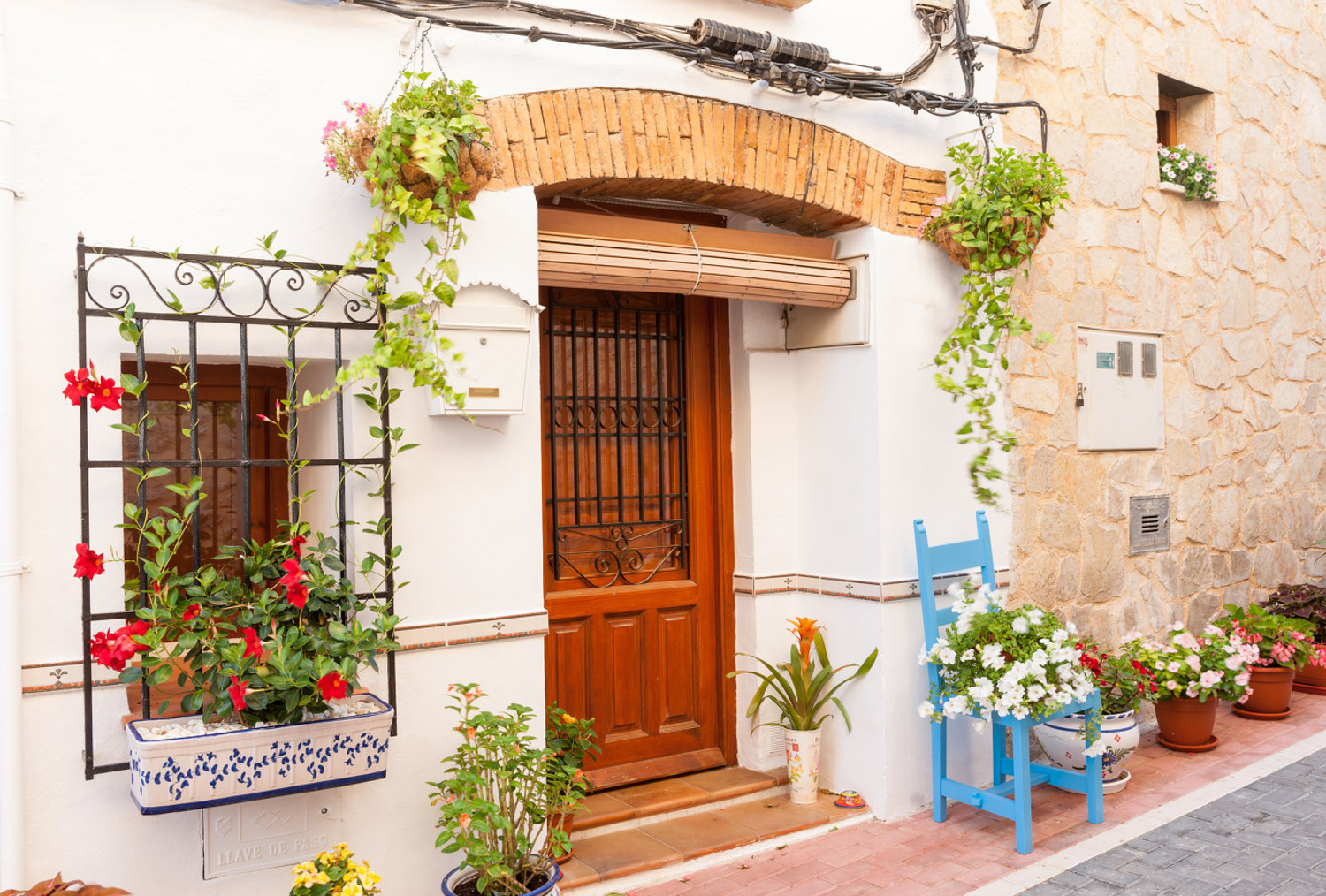
Giant konjac
Giant konjac has a straight shape. This spectacular structure is actually its inflorescence. When it blooms in Fairchild Tropical Park in Florida, the giant konjac is six feet long. The seeds of this plant were first collected by Dr. Jim Simon during his expedition in Sumatra, Indonesia. In recent years, giant konjac has bloomed three times in Fairchild Tropical Park. These flowers (inflorescences) are interesting because they can release filthy odors that can attract carrion beetles and other pollen carriers, usually the smell of rotten meat. However, different species emit different odors. Some have a unique smell of urine, some smell like rotten meat, and one emits the smell of butyric acid. Therefore, it is often called "corpse smelly flower". It is incredible that this plant can grow 6 to 7 inches a day
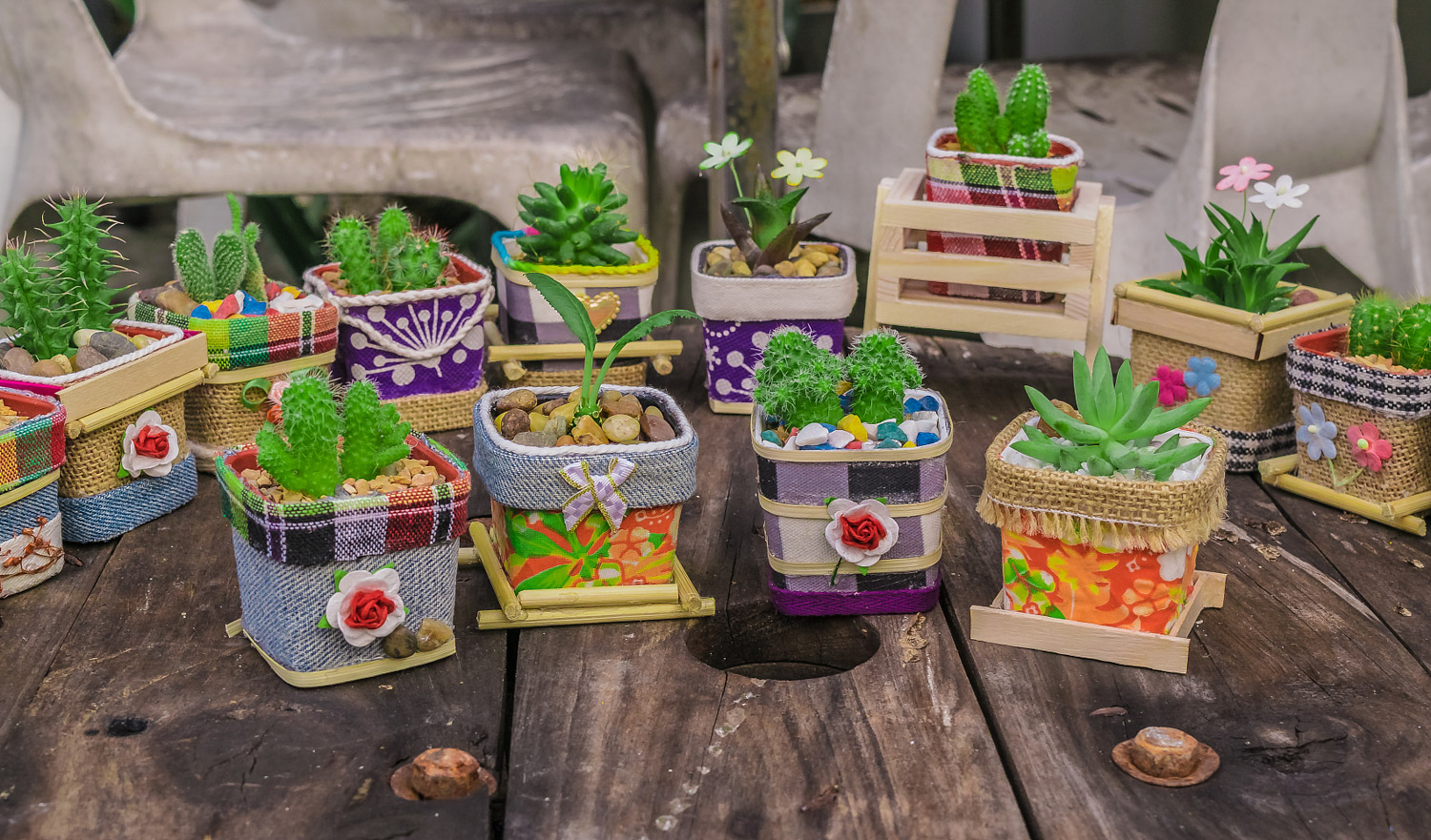
Valmaishan
Valmaire is a strange looking tree. It is one of the oldest species in the world. People's previous understanding of it only comes from fossils with a history of 120 million years. In 1994, the living flora was discovered. Their bark is very peculiar, looks like chocolate foam, and many trunk and seemingly fern leaves spiral growth. They can grow up to 125 feet high
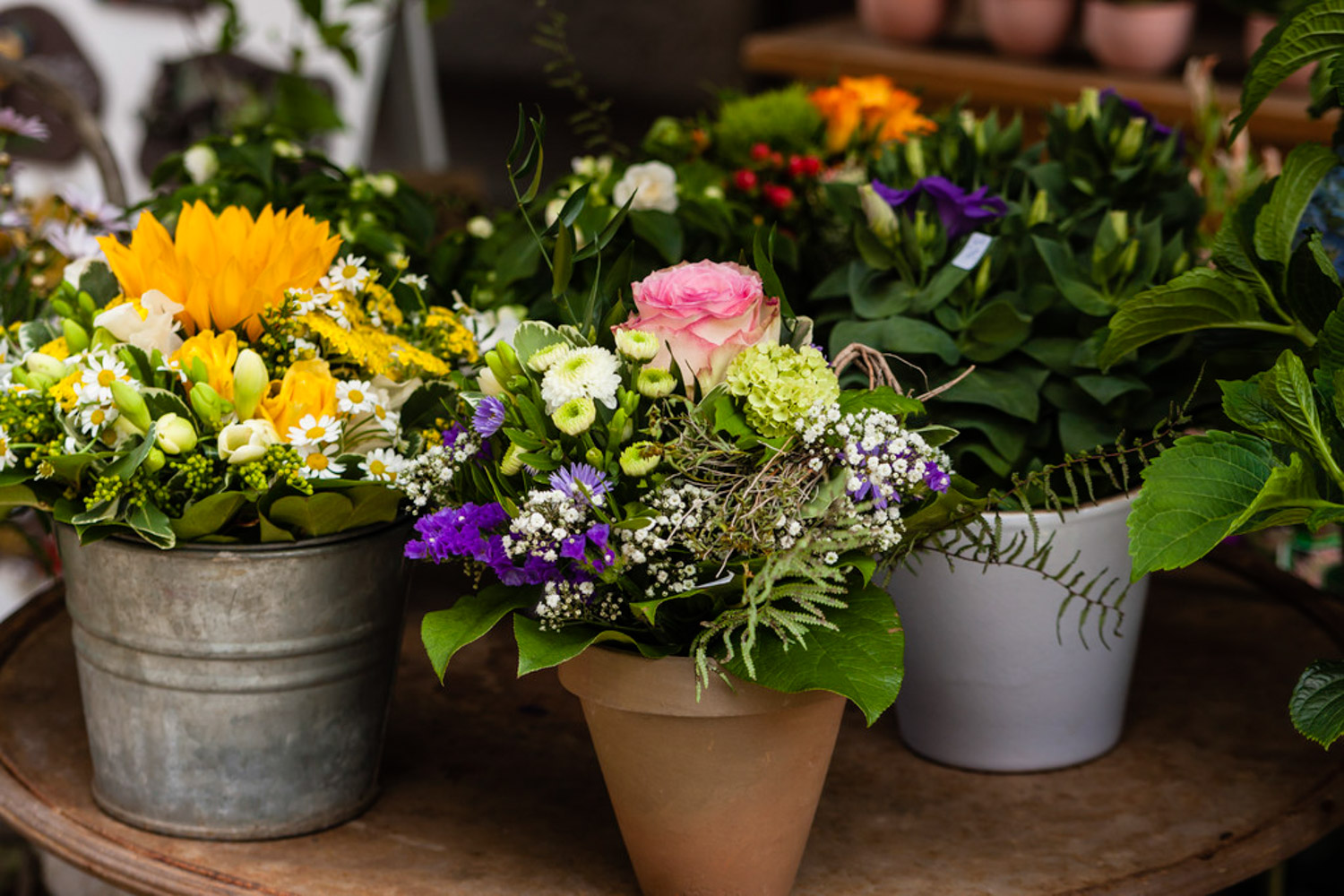
Centenarian leaf
Centenarian leaf has only two leaves in his life. Only these two leaves will continue to grow until they grow into a completely different life. Its stem will grow thicker and thicker, rather than longer and higher, and it can eventually grow to nearly 6 feet high and 24 feet wide. Its life span is about 400 to 1500 years. Centenarian leaf grows in Namibia and is considered to be a residual species from the Jurassic period
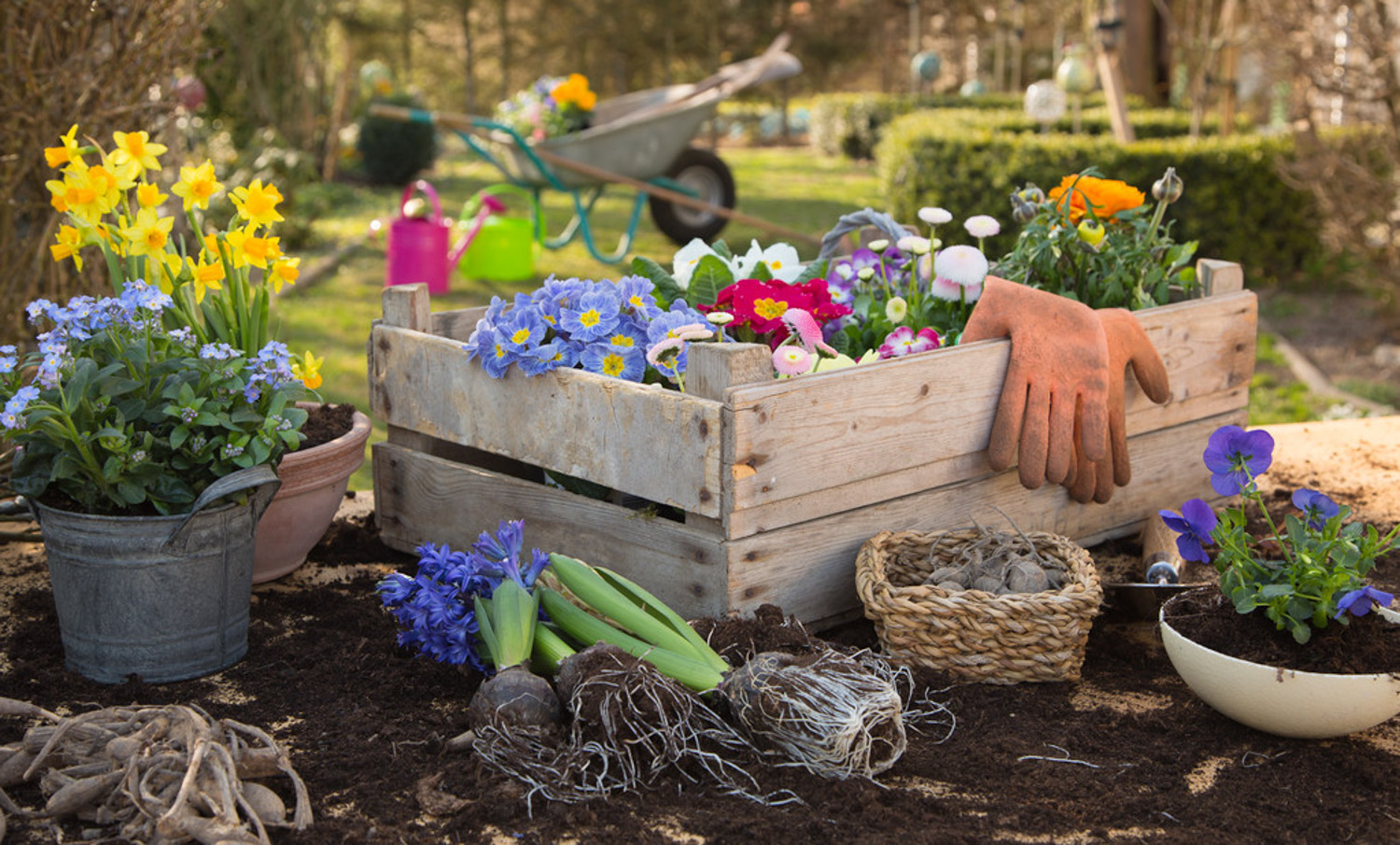
Hammer orchid
Drakaea Glyphodon is a orchid. Its color and taste are like raw meat. Pollinated by male wasps. Drakaea is an endangered species of orchids, native to Australia. It is also commonly known as "hammer Orchids". The name refers to the shape of drakaea and the way it moves, just like a hammer. Drakaea is named after the plant artist Ms. Drucker, who separated drakaea from other plants in the 19th century to help British taxonomists remember. Drakaea plants are characterized by insect like lips attached to a narrow articulated stem. The stem is hinged only backward, where a winged column carries pollen and stigma

The smallest flower in the world: Rootless duckweed
Rootless duckweed is the smallest flower in the world. The 12 rootless duckweeds are as big as the tip of a pin, and the two blooming rootless duckweeds are just put into a small printed letter "O". There are 9 to 11 species of Azolla, including the smallest flowering plant on earth. These aquatic plants, also known as "micro Ping", are like corn flour floating on the water. Rootless duckweed is a bacterium that floats freely on the water. It is green or yellowish green and rootless. Flowers grow slowly at the top of the plant, with a stamen and a pistil. They often float in pairs on the water surface, or form floating mats with related plants such as duckweed and Azolla
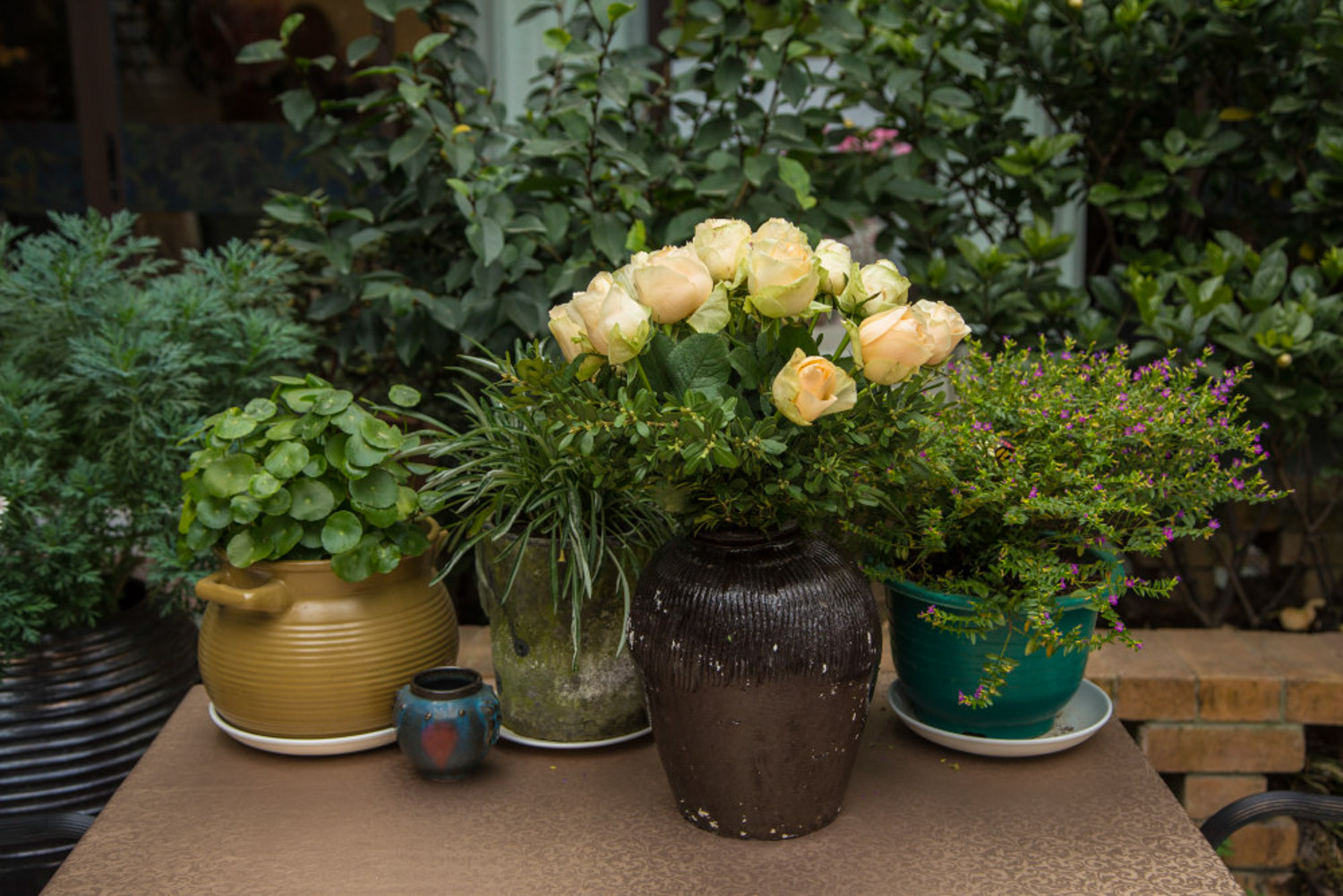

 jackfruit
jackfruit snake plant
snake plant hibiscus
hibiscus hydrangea
hydrangea lavender
lavender Green roses climb al...
Green roses climb al... If you don't pay att...
If you don't pay att... Management of four g...
Management of four g...



























